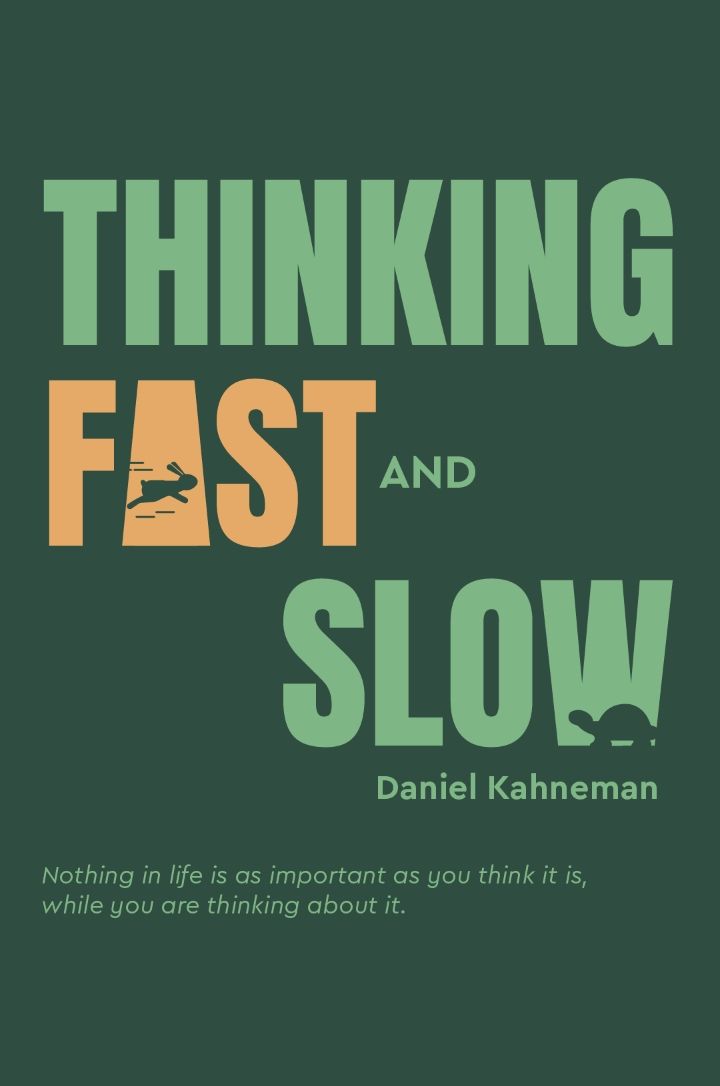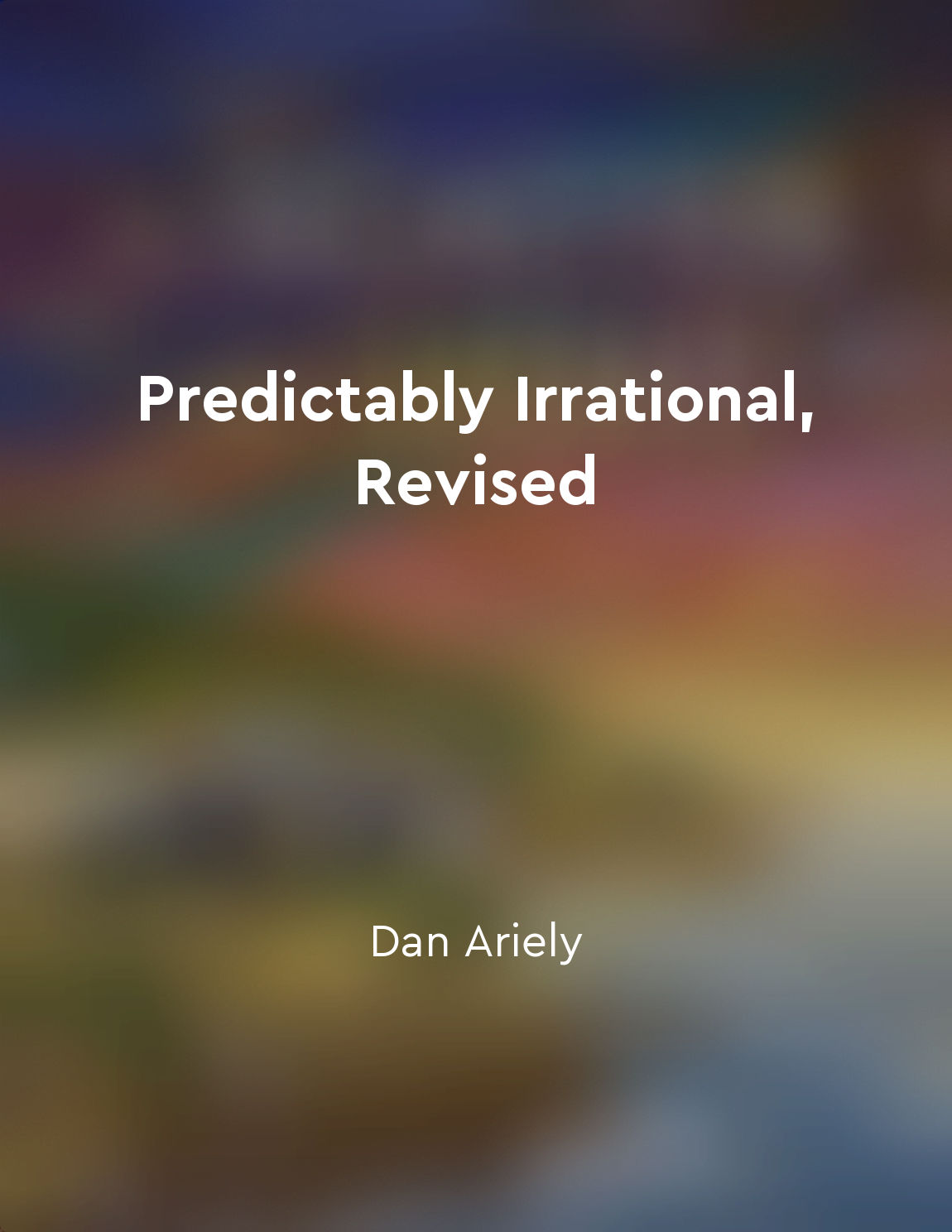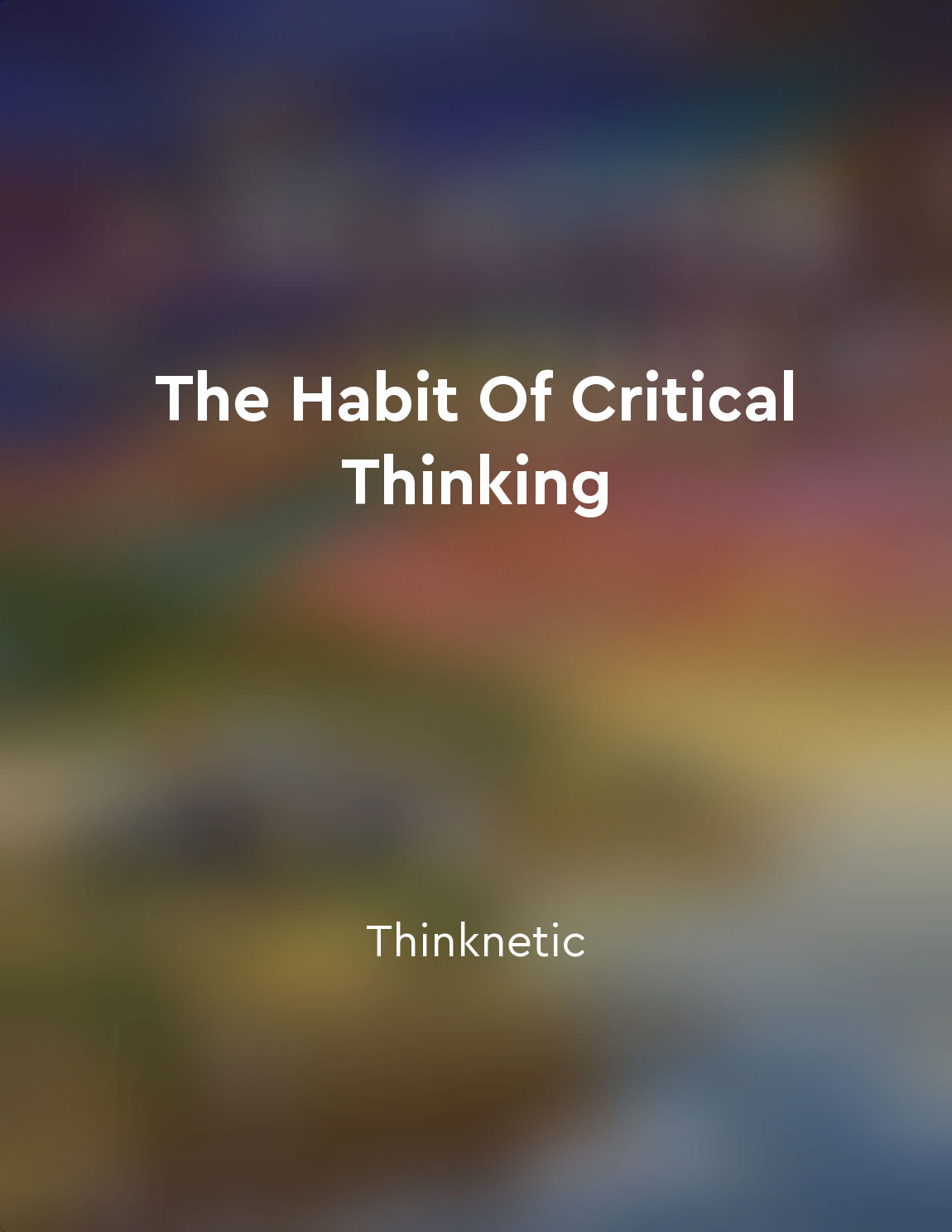Challenge your assumptions from "summary" of Perfectly Confident by Don A. Moore
Imagine you are driving down a familiar route. You have taken this road countless times before, so you assume you know every twist and turn like the back of your hand. Suddenly, you encounter a roadblock that forces you to take a detour. This unexpected obstacle challenges your assumption that you knew the route perfectly. Similarly, in decision-making, we often rely on assumptions based on past experiences or beliefs, without questioning their validity. These assumptions can lead us astray and hinder our ability to make confident decisions. Challenging your assumptions involves recognizing that your beliefs and perceptions may be flawed or incomplete. It requires a willingness to step outside your comfort zone and consider alternative perspectives or possibilities. By interrogating your assumptions, you open yourself up to new information and insights that can help you make more informed decisions. This process can be uncomfortable, as it may require you to confront your biases or acknowledge the limitations of your knowledge. However, the discomfort is a necessary part of growth and learning. One common assumption people make is that they are better than average at a particular task or skill. This overconfidence can lead to poor decision-making and unrealistic expectations. By challenging this assumption and seeking feedback or objective data, you can gain a more accurate assessment of your abilities and make adjustments accordingly. Similarly, assumptions about other people's intentions or motivations can lead to misunderstandings and conflicts. By challenging these assumptions and engaging in open communication, you can build stronger relationships and avoid unnecessary conflicts. It is important to note that challenging your assumptions does not mean dismissing them outright. Instead, it involves approaching them with a critical eye and a willingness to consider alternative perspectives. This process requires humility, curiosity, and a commitment to continuous learning. By challenging your assumptions, you can enhance your decision-making skills, build stronger relationships, and cultivate a more accurate understanding of the world around you.Similar Posts

Encouraging resilience in students is key to their future success
Encouraging resilience in students is essential for preparing them for future challenges and successes. Resilience is the abili...

Mind control techniques exist
Mind control techniques are a reality that many may find unsettling. The idea that someone can manipulate another person's thou...
Prioritizing experiential learning over passive consumption
The path to learning and growth lies in actively engaging with experiences rather than passively consuming information. By prio...
Critique of authoritarianism in thought
The concept of authoritarianism in thought is a pernicious one, for it stifles the free exchange of ideas and hampers the progr...
Contextual cues shape conversational understanding
In conversation, understanding is shaped by contextual cues that provide crucial information beyond the words themselves. These...

Cognitive ease can guide our preference for products
Consumers are influenced by a variety of factors when making purchasing decisions, and one such factor is cognitive ease. Cogni...

We compare everything to a reference point
Our minds are constantly making comparisons. When we encounter something new, our brain automatically starts looking for a refe...

Perfect confidence is a myth, aim for balanced selfassurance
Perfect confidence, the idea that we can have unwavering faith in our abilities and judgments, is a seductive notion. But in re...

Strive for continuous improvement
Continuous improvement is a fundamental concept in the realm of critical thinking. It involves the unceasing effort to enhance ...
Overconfidence can lead to errors
One of the reasons why we make mistakes is our tendency to be overconfident in our abilities. This overconfidence can lead us t...
